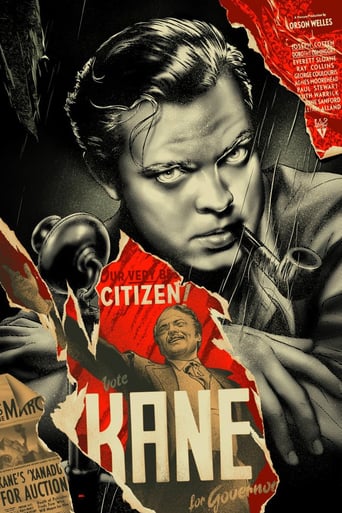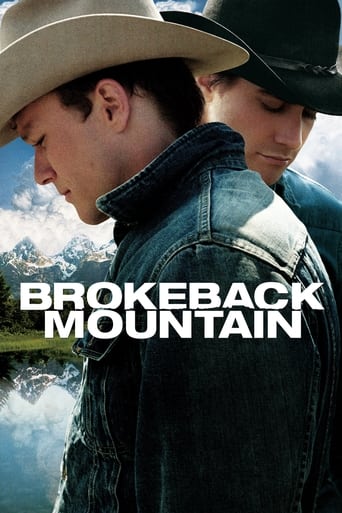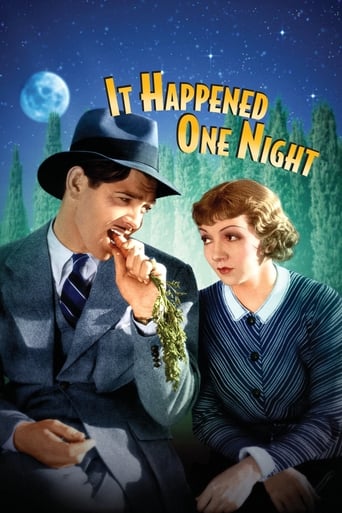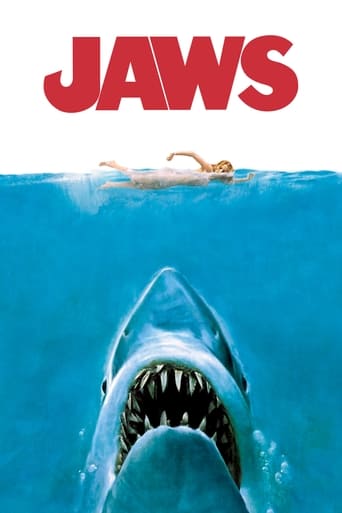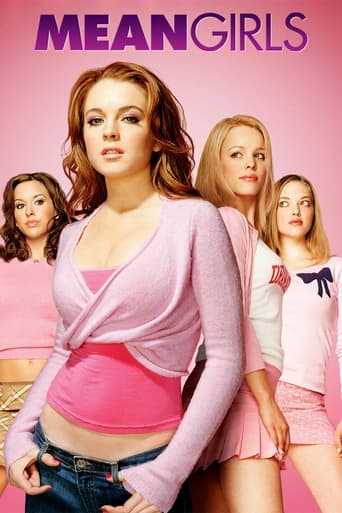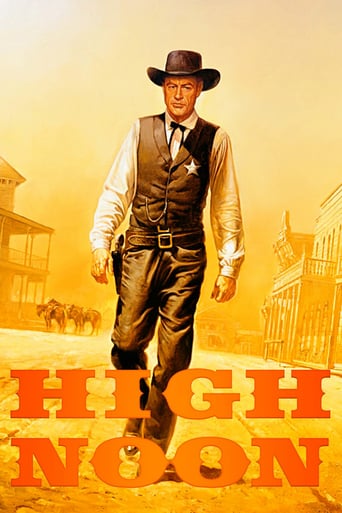


Brief Encounter
Returning home from a shopping trip to a nearby town, bored suburban housewife Laura Jesson is thrown by happenstance into an acquaintance with virtuous doctor Alec Harvey. Their casual friendship soon develops during their weekly visits into something more emotionally fulfilling than either expected, and they must wrestle with the potential havoc their deepening relationship would have on their lives and the lives of those they love.
-
- Cast:
- Celia Johnson , Trevor Howard , Stanley Holloway , Joyce Carey , Cyril Raymond , Everley Gregg , Marjorie Mars


Similar titles
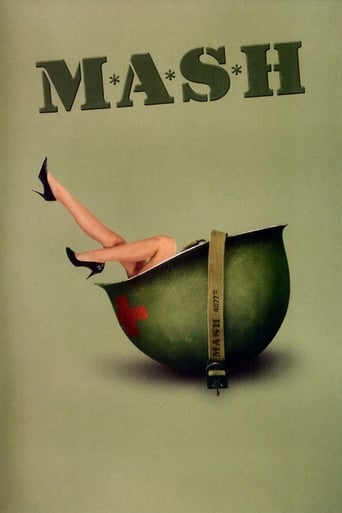
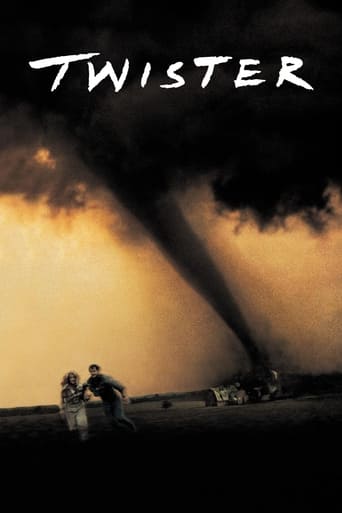


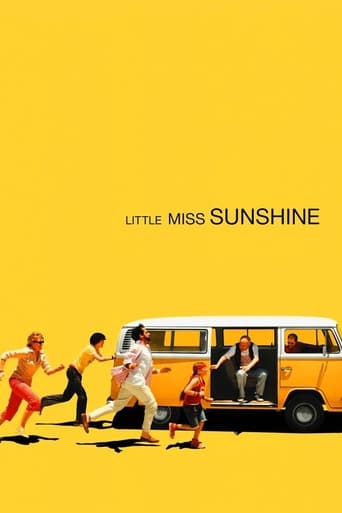



Reviews
I like the storyline of this show,it attract me so much
This is a gorgeous movie made by a gorgeous spirit.
Actress is magnificent and exudes a hypnotic screen presence in this affecting drama.
The film never slows down or bores, plunging from one harrowing sequence to the next.
It is not the right word. but it defines a precious last impression about this little gem who seems perfect. for music, details. and, sure, for a great couple. the love story between Laura Jesson and Alec Harvey is so ordinary that it becomes special. for suggestion. and for the impecable performances. for atmosphere. and for the feelings of viewer about an imposible love affair. for delicacy and sensitivity and humor. and for the meet between David Lean and Noel Coward. sure, it is a familiar story between ordinary people. but the genius of this film is represented by chemistry between Celia Johnson and Trevor Howard and for the art to give a perfect story, mixing nostalgia, a meeting in station the portrait of Myrtle Bagot by Joyce Carey and the sensation to be a story about yourself. so, a magnificent gem trminding a sort of romanticism who, today, remains a so useful refuge.
My first thought was "Oh just another B/W film from the 40's" But it is much more than that. You have to keep In mind this was a different time. The end of WW2, a country had just survived a traumatic 4 yrs.of war. A country reawakening to a new life. A Spring. People were searching for a new and better reality. 4 yrs of having to keep calm and carrying on. People wanted more in life. This story shows that longing in the two main characters. They find a brief connection to a fantasy that they know in the end is just that and that they, in the end have to do the honorable and right thing and carry on. I will not give the ending away. It is well worth waiting for.
It might be thought that there is nothing new to say about this great classic, which every true movie lover must have seen. And 72 years later, fans are still visiting Carnforth Station in Lancashire where it was filmed to get the atmosphere for themselves. I have earlier pointed out that some inspiration for the film probably came from an earlier film, BRIEF ECSTASY (1937, see my review, which also had restrained lovers denying themselves happiness out of consideration for 'decency', which is Celia Johnson's word to describe her dilemma). But last night, BRIEF ENCOUNTER entered a new and higher dimension. At the Royal Festival Hall in London, it was shown on a giant screen with the music on the sound track replaced by live music from the London Philharmonic Orchestra and pianist Alexandra Dariescu, which was superbly played by Alexandra, who specialises in Rachmaninov. The evening began with a normal performance of Rachmaninov's Second Piano Concerto. After an interval, the film was shown with the orchestra and pianist sitting beneath the huge screen, and they played live all the portions of the same concerto to match the places where the recorded music would have appeared. Stripping the music from the film to enable this to happen was apparently so lengthy and tedious a business that in one day they could only get through sixty seconds of the film. This was truly a spectacular event, one of the great cinematic experiences one could have. In the last two scenes of the film, the sudden extra-loud burst of Rachmaninov from the live orchestra hit everyone in the solar plexus with such overwhelming force that the wave of emotion was almost unbearable. Much of the packed house consisted of younger people who could never possibly have met the type of English people of circa 1943 who were portrayed in the film. For about five minutes, there were ripples of laughter from the younger viewers at some of the dialogue and scenes, as the characters were behaving and speaking in a way so alien to them. But this very soon ceased. For the rest of the film, the enormous audience sat riveted in silence so intense that you could have heard them breathing if they weren't in fact mostly holding their breath in rapt attention. The overwhelming performances of Celia Johnson and Trevor Howard, with their honesty and purity of emotions, succeeded in silencing all cynical viewers entirely, as they sat immovable with amazement at what might for so many of them have been their first experience of seeing a film portraying pure romance. As has been wisely said, the power of the film largely comes from the fact that nothing happens, as only two or three stolen kisses and walking arm and arm, and sharing some laughter are all that the unfortunate couple manage to extract from their trapped situations. Having met by chance in a tea room at a railway station, with wartime rationing limiting the amount of milk and sugar they can have in their cups of tea, Johnson and Howard try to remain faithful to their spouses and home and children while falling hopelessly in love. And they succeed. Their self-restraint is a now vanished virtue in this age of today, where no one is restrained about anything any more. Truly this is the most outstanding memento of the traditional English 'stiff upper lip'. David Lean's fantastically inspired direction succeeds in making small matters happening in a rural train station into matters of world importance, since the film deals with the universal problems of love constrained by circumstance. The moody cinematography by Robert Krasker and the powerful editing by Jack Harris give such support to Lean's genius that the film was transformed into a work of art, using only the simplest of subjects and settings. The sub-plot of the flirtation in the station tea room between Stanley Holloway and Joyce Cary is wonderfully funny and well done, and acts as a necessary foil to relieve the tension of the main romance. The small actress Margaret Barton as the tea room assistant also adds character to the situation. I see from IMDb that she is still alive aged 91. Among the most astounding revelations in terms of casting, which I noticed in this viewing for the first time, is that the cellist and organist who gives such a touch of humour in the Kardomah and cinema scenes is none other than the much loved Irene Handl, who in her 183 film appearances was later to become Britain's most popular cockney actress. I never previously realized she was the actress in that part. And speaking of casting surprises, it is Noel Coward's own voice over as the station master making announcements. I wonder if there is anyone still alive who remembers seeing Coward's stage play, upon which this film is based. Three talented people, all uncredited, worked on the script and dialogue, namely Lean himself, Ronnie Neame, and Anthony Havelock-Allan. The evening was all the more remarkable in that it was introduced by actress Lucy Fleming, Celia Johnson's daughter (and Ian Fleming's niece). She read extracts from the letters which her mother wrote home from the filming location at the time, which were fascinating. She revealed that Johnson's daughter in the film was her real life niece, Henrietta Vincent. The letters describe Johnson's anxieties and apprehensions about getting the part right and being true to the character. She describes one occasion when they shot at the station all night until 7:30 AM. The studio work was done later at Denham. The reason why they had to go so far north as Carnforth to make the film was that the War was still on, and the Government would not give permission for arc lights to be used at night anywhere further south because of the German bombing. After the film my wife and I reminisced about visiting dear Trevor Howard at home when he was old.
I just don't get the raves for this movie. Maybe from a technical or acting viewpoint it might be good but the story is ridiculous. True love is formed by shared experiences, deep bonds and understanding of the other person. This supposed great love is formed over a few hours of brief, superficial, polite, flirtatious banter. Anything else is lust, which I also can't fathom as neither one is particularly attractive, physically or emotionally. The scene in the pub between the owner and the 2 men is pointless. The scene where she almost commits suicide but doesn't and then admits no thoughts of her children or husband made her stop is weird. I don't have children but from my understanding that is certainly not typical of mothers. The most baffling aspect is why she would go home and confess all this to her husband, which is the epitome of cruel and selfish behaviour. No wait, the most baffling aspect is probably her husbands reaction. Many people state the music it what makes this movie so good. Go by the soundtrack. The film itself is WAY over-hyped.



